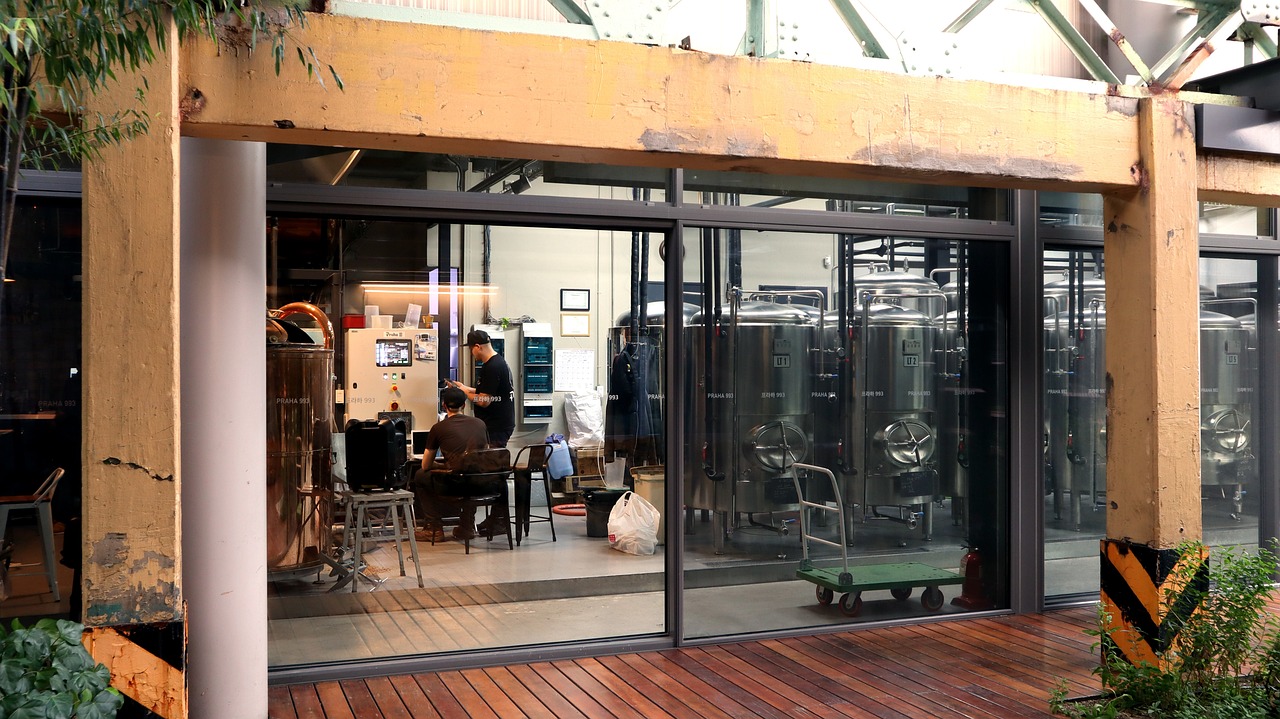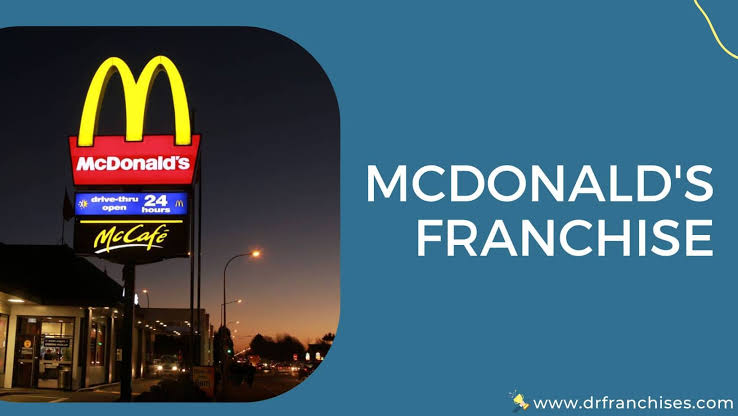How Much Does It Cost to Open a Liquor Store

Opening a liquor store can be a lucrative venture, offering entrepreneurs the opportunity to tap into a market with consistent demand. However, before diving into the world of spirits and libations, it’s crucial to understand the costs involved and navigate the intricacies of this unique business. Let’s break down the key aspects of opening a liquor store, from licensing to startup expenses.
Embarking on the journey of opening a liquor store is an exciting prospect for many entrepreneurs. The allure of the liquor business lies not only in its potential profitability but also in the diverse customer base it attracts. However, understanding the financial commitment is vital for success in this competitive industry.
Table of Contents
ToggleMarket Research and Location
Comprehensive market research is the foundation for a successful liquor store. Identifying your target market and choosing the right location are pivotal decisions that can significantly impact the store’s performance.
Licensing and Legal Requirements
Navigating the labyrinth of licensing and legal requirements is a crucial step. Acquiring the necessary permits to sell alcoholic beverages is not only a legal obligation but also sets the stage for a smooth and lawful operation.
Startup Costs
The initial investment in opening a liquor store can vary widely. Startup costs encompass licensing fees, lease or purchase of a suitable space, inventory procurement, store design, and essential equipment. It’s essential to account for these expenses to avoid surprises down the road.
Store Design and Layout
Creating an inviting and well-organized store layout is more than aesthetics; it influences customer experience and can impact sales. Thoughtful store design enhances visibility and accessibility, contributing to a positive shopping environment.
Inventory Selection
Crafting a diverse and appealing inventory is a balancing act. From wine and spirits to beer and mixers, understanding customer preferences and sourcing products efficiently are critical components of a successful liquor store.
Supplier Relationships
Building strong relationships with liquor distributors and suppliers is key to securing favorable terms, maintaining a consistent inventory, and staying competitive in the market.
Marketing Strategies
Effective marketing is essential to draw customers to your liquor store. Leveraging both digital and traditional strategies can increase visibility and establish your store as a go-to destination for libations.
Staffing and Training
Hiring and training knowledgeable and customer-oriented staff contribute to a positive shopping experience. Complying with labor laws and fostering a positive work environment are crucial aspects of staffing.
Security Measures
Implementing robust security measures is not only a legal requirement but also essential for safeguarding inventory and ensuring the safety of customers and staff.
Financial Management
Establishing sound financial practices, including budgeting, bookkeeping, and monitoring financial health, is vital for the ongoing success of a liquor store.
Adapting to Industry Trends
Staying abreast of current trends in the liquor industry allows for adaptation and innovation. Embracing changes in consumer preferences and industry dynamics positions your store for long-term success.
Challenges and Mitigations
Identifying potential challenges, such as competition and regulatory changes, and implementing practical solutions are crucial for overcoming obstacles in the liquor store business.
Community Engagement
Building a positive relationship with the local community enhances the reputation of your liquor store. Participating in community events and supporting local initiatives can foster goodwill.
Conclusion
Opening a liquor store is a multifaceted endeavor that requires careful planning, financial commitment, and dedication. Aspiring entrepreneurs should approach this venture with a comprehensive understanding of the industry’s intricacies.
FAQs
- What are the essential licenses required to open a liquor store?
- Licensing requirements vary by location, but typically include federal, state, and local permits. Specifics can be obtained from local regulatory agencies.
- How can I estimate the startup costs for opening a liquor store?
- Startup costs depend on factors like location, size, and inventory selection. A detailed business plan can help estimate these costs more accurately.
- What factors should I consider when selecting a location for my liquor store?
- Consider foot traffic, proximity to competitors, local demographics, and zoning regulations when choosing a location.
- How do I build relationships with liquor suppliers and distributors?
- Attend industry events, join trade associations, and communicate your business plan to potential suppliers. Building strong relationships is based on trust and consistent communication.
- What marketing strategies work best for promoting a liquor store?
- Social media campaigns, tastings, loyalty programs, and partnerships with local businesses are effective marketing strategies for liquor stores.
Embark on your liquor store journey with a clear understanding of the costs, challenges, and opportunities that lie ahead. A well-planned approach will increase your chances of success in this dynamic and rewarding industry.






